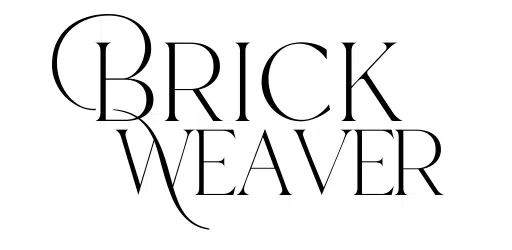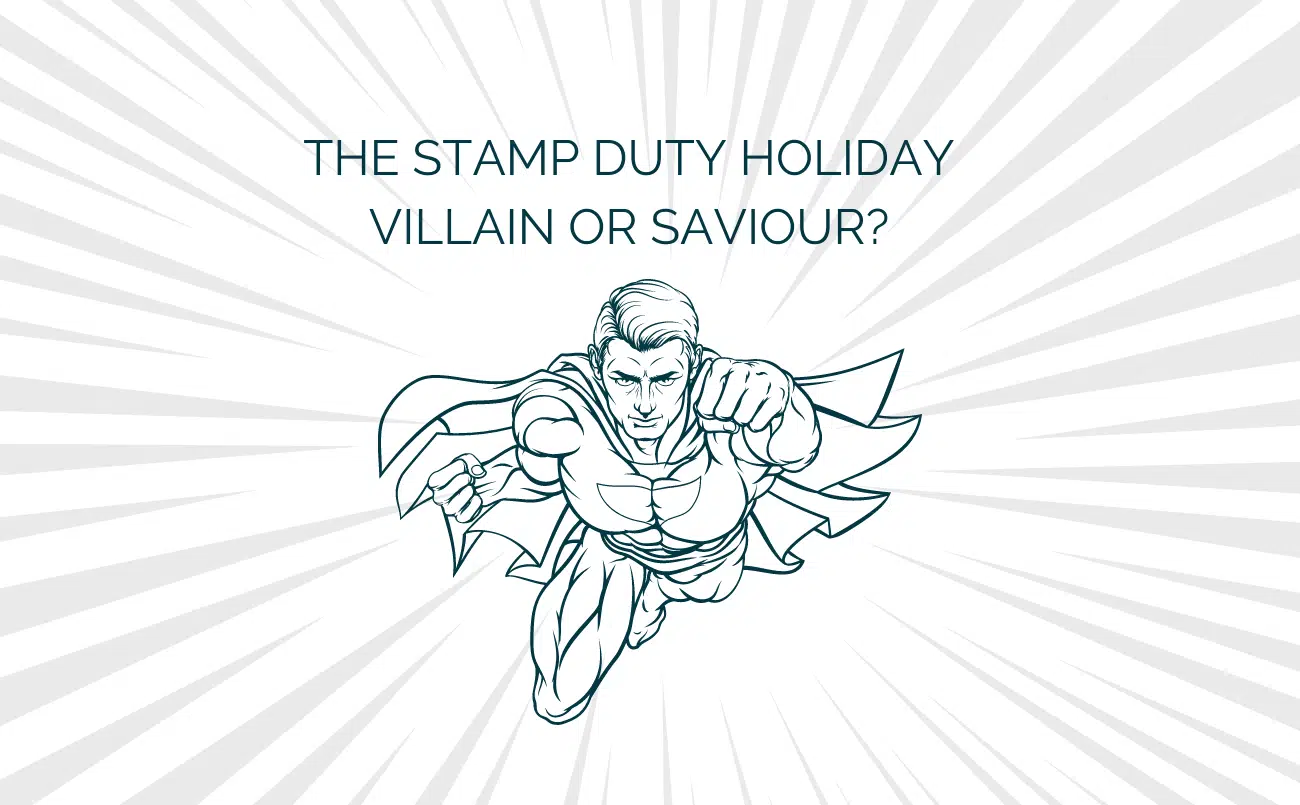The Stamp Duty holiday is perceived as a discount but is this merely an illusion?

On July 8th of this year The Chancellor Rishi Sunak announced a Stamp Duty Holiday to boost Britains’ Housing market. The flood gates opened as many desperate for more space frantically trawled the portals in search of greener pastures. Three years of Brexit uncertainty had meant many buyers had held off moving to see if the outcome would cause property prices to fall further. By the time the Government announced that we were leaving the EU it was clear people were done waiting and were going to move regardless of any potential financial impact. Within months the pandemic struck and plans were halted as our buying habits shifted to loo roll, wine and bicarbonate of soda. Whilst the aisles at our local supermarket lay bare, property listings languished as online viewing figures rose. So It came as no surprise when the moment Lockdown was lifted, people were willing and able to move.
So was the added bonus of the Stamp Duty holiday necessary?
I’m not convinced it was. Supply and demand was already there and arguably first time buyers were better off beforehand. Now they have to compete against cash rich investors who also benefited from the discount and can afford to bid up on a property or over the threshold without consulting their lender or bank of mum and dad. What it did do was create an illusion of a discount and who isn’t tempted to act on that?
So what effect has the stamp duty holiday achieved?
Nationwide’s house price index report showed that Annual house price growth had risen to 6.5% in November, the highest rate since Jan 2015. Meaning Prices were up 0.9% month-on-month. This indicates that there is no discount, sellers are achieving more for their property than they otherwise would have done due to demand caused by the holiday and the knock on effects of the pandemic lockdown. The discount is in fact a fraud as purchasers remain under the false perception that they are getting a good deal.
Think of it this way. If buyers are offered the same product but one is offered with a discount but listed higher and the other is just marketed at the listed price. People will veer towards the discounted option despite the final price being the same. It’s all about perspective, the stamp duty holiday has created the illusion that a listed property has received a discount when it has in fact equalized or achieved a higher price than before.
So who has benefited from this?
The seller, yes if not moving elsewhere. The buyers, no. The Government, no, it’s estimated this holiday will cost them 1.6 billion. So who then? Estate agents, solicitors, brokers and banks.
The latter now struggling to cope with demand have increased their rates in the hope of staunching the flow. Another blow to first time buyers. To manage the load, many are campaigning for an extension but this will only create the same issue later down the line. More likely they will only accept properties that are exchanged before March the 31st, in which case I expect those set to gain will be working the holidays.
So what happens post holiday?
With no perceived discount, the market will definitely slow causing prices to stagnate and fall, to what extent I wouldn’t like to speculate but I guarantee not to the level desired for those who fantasize of a great price correction in the housing market. Those who didn’t quite make the deadline will try to chip, causing chaos and upset and Estate agents will book a holiday and hope things will pick up on their return. First time buyers won’t have the same level of competition anymore so will start searching again but this will greatly depend on if there are any high loan to value mortgage offerings available and more importantly, if they still have jobs to go to.


